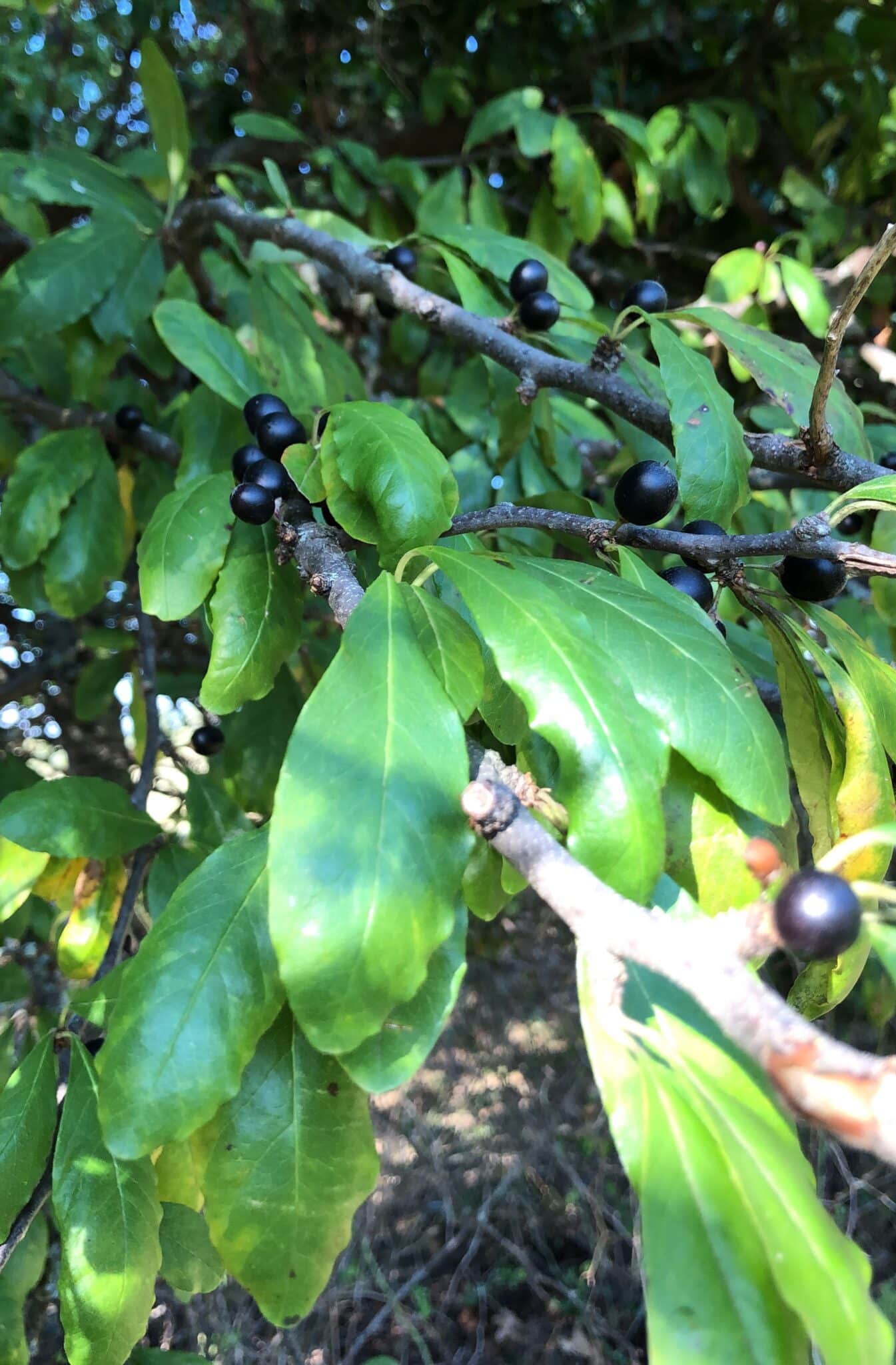Many new gardeners fear that their blueberry bushes have thorns, requiring gloves to handle them.
However, it does expose them to small animals and birds who will happily feed on them.
Read on to identify thornless blueberries and ways to protect them from potential predators.
Table of Contents Show
Debunking the Thorn Myth
Blueberry is a fruit-bearing plant known for its delicious and nutritious berries that return annually between June and August.
On the other hand, blueberry bushes have small, woody stems, which can sometimes appear slightly rough but are not true thorns.

However, some wild blueberry varieties can have small thorns, but cultivated varieties never have one.
Here is how to identify a cultivated blueberry variety from its thorny counterparts.
| Characteristic | Description |
|---|---|
| Size | 4 to 6 feet (1.2 to 1.8 meters) in height |
| Leaves | Oval-shaped, dark green, turning red/purple in the fall |
| Stems | Smooth, typically without thorns or prickles |
| Berries | Small, blue to dark blue, clusters |
| Flowers | White or pink bell-shaped flowers |
| Habit | Upright, bushy growth habit |
| Seasonality | Foliage drops in the fall; dormant in winter |
Thorny Blueberry Variety
As previously mentioned, some wild blueberry lookalikes can produce thorns and edible berries.
It produces purplish-black berries, oval in shape, similar to cultivated blueberry.

Alternatively, you can grow gum bumelia to invite pollinators like honey bees, which will frequent bumelia flowers in spring.
How to Protect Blueberry Bushes?
Being thornless means blueberry bushes become attractive to predators like deer, rabbits, and birds.
Therefore, consider significantly protecting your blueberry bushes from animals when growing them outdoors.
Here are a few proven ways to protect your favorite plant.
- Use Netting: Cover your blueberry bushes with mesh bird netting to protect against birds and small animals.
- Deter Larger Animals: Installing fencing or barriers around the garden will help deter larger animals like deer or rabbits.
- Bird Scare Devices: Use reflective tape, scarecrows, wind chimes, or motion-activated devices to keep birds from approaching your blueberry bushes.
- Decoy Predators: Adding decoys like owl or hawk statues near your blueberry bushes may give the impression of a threat to small animals.
- Use Repellent Spray: Spray ready-to-use deer repellent around your garden to keep deer from wandering around.
- Regular Harvesting: Harvest berries regularly to prevent over-ripening, which can attract unwanted garden pests.
From Editorial Team
Conclusion!
Check signs of common blueberry diseases, such as powdery mildew and mummy berries, to save them from damage.
Also, provide full sun with slightly acidic soil to ensure your blueberry bushes produce more fruiting.
With proper care and love, these “mother of berries” will treat you with nutritious fruits for up to 20 years.


